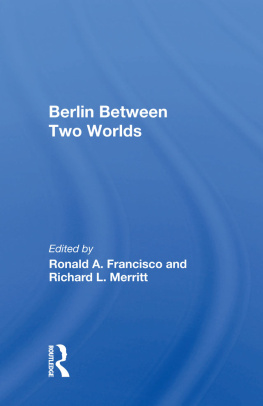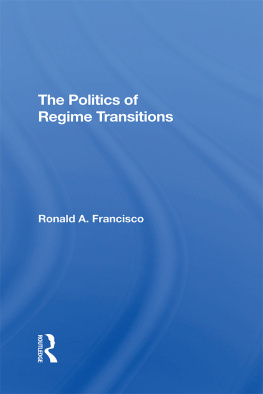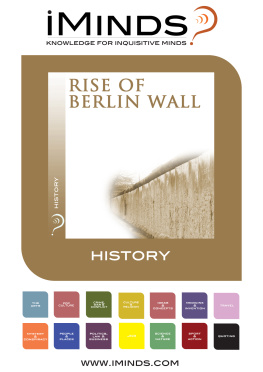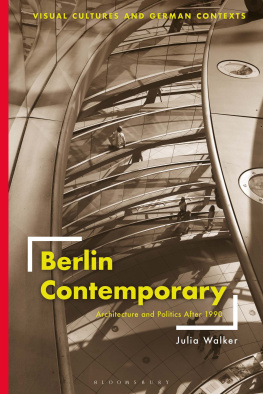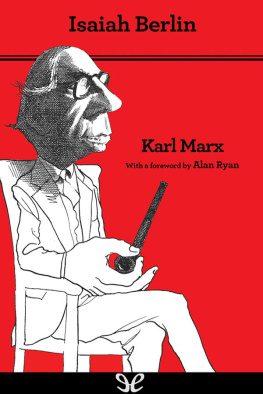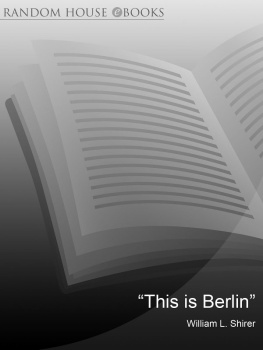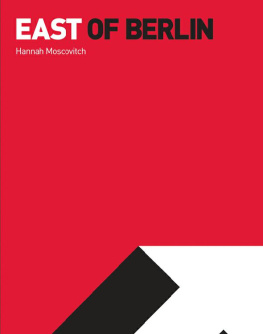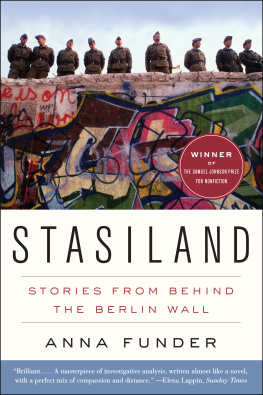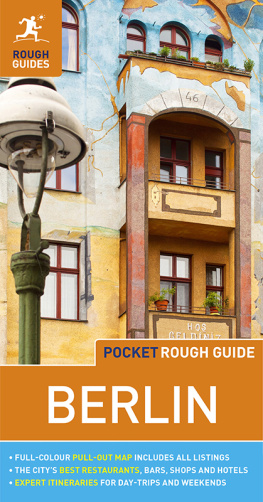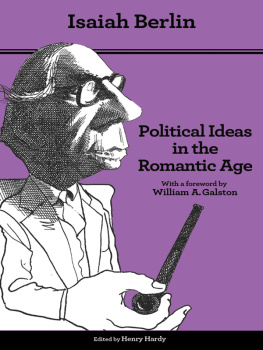Berlin Between Two Worlds
About the Book and Editors
Berlin has been a central issue in the postwar dispute between East and West and was often the spark that brought the Soviet bloc and the West to the brink of confrontation. Although the city's role in international politics has been muted in the nearly quarter century since the erection of the Berlin Wall, its political status remains unsettled, and its potential to precipitate a crisis and even a military conflict has lessened only by degree.
The contributors to this volume discuss Berlin's future from the perspective of all the major national actors involved. Just as the Quadripartite Agreement of 1971 was a necessary prerequisite for East-West detente, any future change in the division of Germany or in East-West relations will require fundamental shifts in long-held positions on the status of Berlin. The authors show how the perceptions, stakes, and even risks of the Berlin issue vary by nation and explore the reasons why Berlin is likely to continue to be an obstacle to East-West cooperation.
Ronald A. Francisco is associate professor of political science and Soviet and East European studies at the University of Kansas. He is co-editor of Agricultural Policies in the USSR and Eastern Europe (Westview, 1980). Richard L. Merritt is professor of political science and research professor of communications at the University of Illinois, Urbana-Champaign. He is coeditor of Living with the Wall: West Berlin, 1961-1985 (1985).
Published in cooperation with the
Aspen Institute, Berlin, and the
International Institute for Comparative
Social Research, Science Center, Berlin
Berlin Between Two Worlds
edited by Ronald A. Francisco and Richard L. Merritt
First published 1986 by Westview Press, Inc.
Published 2018 by Routledge
52 Vanderbilt Avenue, New York, NY 10017
2 Park Square, Milton Park, Abingdon, Oxon OX14 4RN
Routledge is an imprint of the Taylor & Francis Group, an informa business
Copyright 1986 Taylor & Francis
All rights reserved. No part of this book may be reprinted or reproduced or utilised in any form or by any electronic, mechanical, or other means, now known or hereafter invented, including photocopying and recording, or in any information storage or retrieval system, without permission in writing from the publishers.
Notice:
Product or corporate names may be trademarks or registered trademarks, and are used only for identification and explanation without intent to infringe.
Library of Congress Cataloging in Publication Data
Berlin between two worlds
(Westview special studies in international relations)
Includes index.
1. Berlin (Germany)--Politics and government--Addresses, essays, lectures. 2. World politics--1945- --Addresses, essays, lectures. I. Francisco, Ronald A. II. Merritt, Richard L. III. Series.
DD881.B4663 1986 943.1'55 85-26488
ISBN 0-8133-7131-7
ISBN 13: 978-0-367-00873-4 (hbk)
Contents
, Shepard Stone
, Ronald A. Francisco
PART ONE
THE WEST
, William E. Griffith
, Roger Morgan and Carol1ne Bray
, Renata Fritsch-Bournazel
PART TWO
THE EAST
, Eberhard Schulz
, Gerhard Wettig
, Edwina Moreton
, Michael J. Sodaro
PART THREE
PROSPECTS FOR BERLIN: ECONOMIC AND SOCIAL TRENDS
, Ronald A. Francisco
, Richard L. Merritt
It is now almost a quarter of a century since the Berlin wall was built. Its construction was a watershed in European and, indeed, international politics. It put a seal on Germany's postwar division, made it clear that the Soviet bloc was not prepared to stand by as the German Democratic Republic appeared to fall apart, and demonstrated the Western determination to maintain West Berlin as part of its world. Looked at in another way, however, the wall was one more event in a long series of situations in which East and West learned how to live with one another.
Ever since August 13, 1961, there have been many interpretations of what had happened and predictions of what was to come. The range of such analyses included:
- - That the West would not tolerate the wall, that it would insist on its removal as a precondition to any negotiations aimed at stabilizing the political situation in central Europe;
- - That the wall symbolized the moral collapse of communism and signaled its eventual bankruptcy as well;
- - That sealing off the borders of West Berlin would give the German Democratic Republic the breathing space it needed to develop its own sense of national or at least political identity, which in turn would lead to an easing of living conditions for its citizens;
- - That the wall would undermine the political raison d'tre of West Berlin and inevitably push the city to the periphery of West German life.
None of these dramatic predictions came true, though each has not been without significance. The West did insist on an amelioration of conditions before signing final agreements with the East, the harshness of Soviet control over Eastern Europe has softened albeit not disappeared, life in the GDR has improved in some respects, and, although West Berlin is not the crisis center it once was, such events as the Berlin elections of 1981 and reception of Ronald W. Reagan thirteen months later indicate that the city's impact is felt throughout the Federal Republic and the West.
Yet the question remains: What difference has the wall made--to Berliners, to Germans, to the rest of the world? This and related problems led the Aspen Institute Berlin and Science Center Berlin, with financial support from the West Berlin Senate, to convene a conference in June 1981 to focus on changes in the city since the construction of the wall.
The participants included policymakers active in setting Allied and West German policy during the crisis of 1961, officials from West Berlin and the Federal Republic, and interested scholars. Two days of the conference looked at the impact of the wall on West Berlin's external political environment. An initial question focused on the situation that surrounds the island-city: What is the German Democratic Republic's policy regarding West Berlin? Although successful in 1961 in gaining Soviet support to build its "wall of peace," the GDR was not able to make good its claim that West Berlin was rightfully part of its own sovereign territory. To what extent is the GDR's strategy still geared to that goal? Is its current tactic of quiet rapprochement with the Federal Republic of Germany simply a new attempt to isolate West Berlin still further? And what role has the Berlin question played in the GDR's relations with its sometimes nervous allies in the Warsaw Pact?
A second question addressed the goals and policies of the Federal Republic. The FRG has faced the dilemma of trying simultaneously to insulate West Berlin against harassment from the East and to integrate the city as fully into its federal system as the Four Powers (and especially its Western allies) permit. To what extent has it been successful in walking the tightrope of such a policy? Has the necessity to maintain West Berlin been more a hindrance in seeking detente in central Eurooe or an instrument in its relations with the West?

